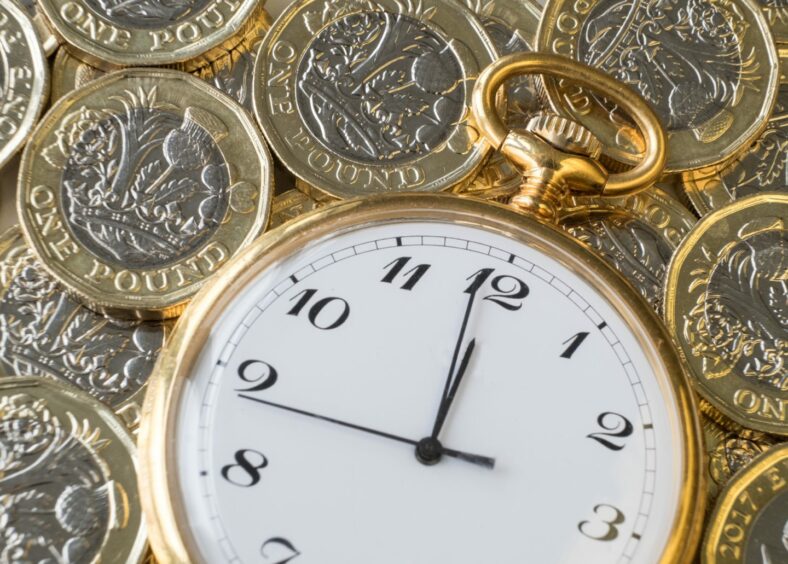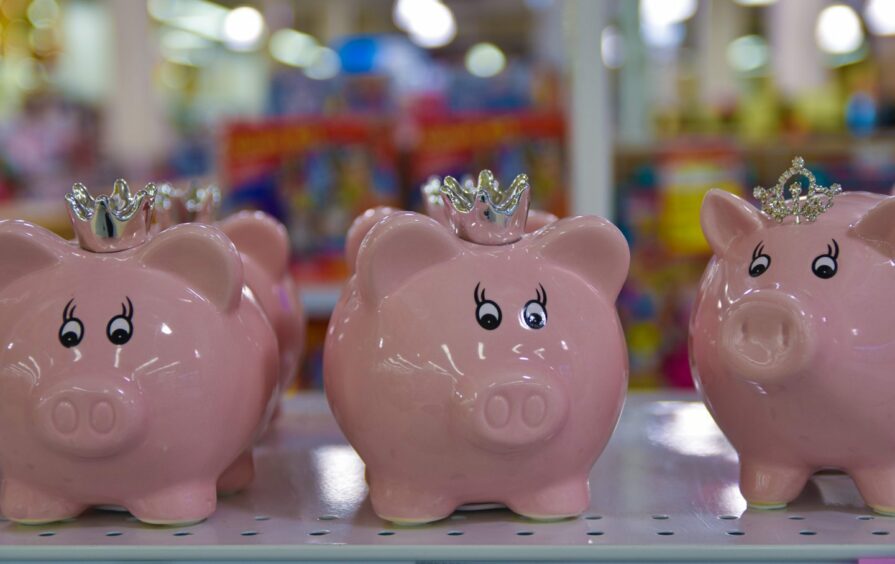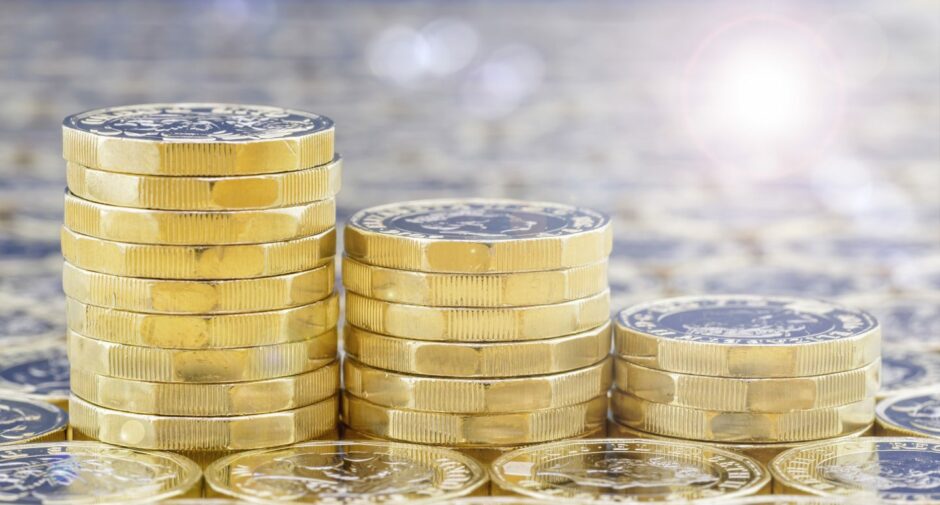These are truly testing times for savers, with investment returns hard to come by and cash rates looking very attractive.
So what should you do?
Well, this depends on whether your money is already invested in the capital markets or sitting in cash.
If it’s sitting in cash, you are now more adequately rewarded for keeping it with your bank or building society.
But even the very best rates on offer are below the current rate of inflation, so currently promise a negative real rate of return.
What is important to you?
The first task is to ask yourself “what is the money for?”
If it’s to fund short-term consumption, it should be in cash, and not fixed for any longer than the time horizon of your expected liabilities.
Even instant access accounts are currently paying the highest rates we’ve seen in almost two decades. If you shop around, you can get around a 5% return on your instant access cash.
If, on the other hand, the money is for a much longer-term goal, such as to help fund further education for a young child, or to take that dream holiday to celebrate a milestone birthday in 10 years’ time, or simply to help build your retirement pot, cash is almost certainly not the answer.
Any trawl through a “best buy” list of fixed rate bank accounts or mortgages will show interest rates peaking and then plateauing at around the two-year mark. This means financial institutions are pricing in a likely reduction in interest rates within the next two years.
This tallies with the Bank of England’s forecast, which shows inflation coming back down to more “normal” historic levels within that period. As inflation eases, the need for central banks to maintain high interest rates dissipates.
So, cash probably looks good for the next couple of years.
But the reward on your savings is likely to gradually fall after that, to the extent that the current millennium’s relationship between cash and inflation is maintained. Cash continues to offer a negative real rate of return once inflation is factored in.
Investment markets, on the other hand, have had a tough time as multiple headwinds have followed in quick succession over the past few years.
Investing in shares long-term can help you beat inflation
It would be fair to say the “sales” are still on for many equity and bond markets around the world. Buying shares cheaply and holding them for the long-term is one of the most proven methods of beating inflation.
Add to that the opportunities that exist for potential additional returns by buying value shares. These have historically delivered a premium on growth shares over long-term investment time horizons.
The “opportunity cost” of tying money up in cash, rather than investing in markets, could be significant.
If you invest in a two-year fixed rate cash account now, you’ll get a healthy interest rate.
But, based on the market consensus about the likely direction of interest rates over that period, you are likely to be faced with much less attractive rates at maturity.
You will also miss out out on the current attractive entry price for investment markets.
Weigh up your options carefully
Long-term, an invested portfolio has a much greater chance of providing a positive real return than cash after inflation is factored in.
By all means take advantage of the attractive rates on offer for your short-term cash needs, but don’t be fooled into thinking this means cash will trump investments over the long term.
Liam Kerr is a chartered financial planner with Carbon Financial Partners in Aberdeen.




Conversation